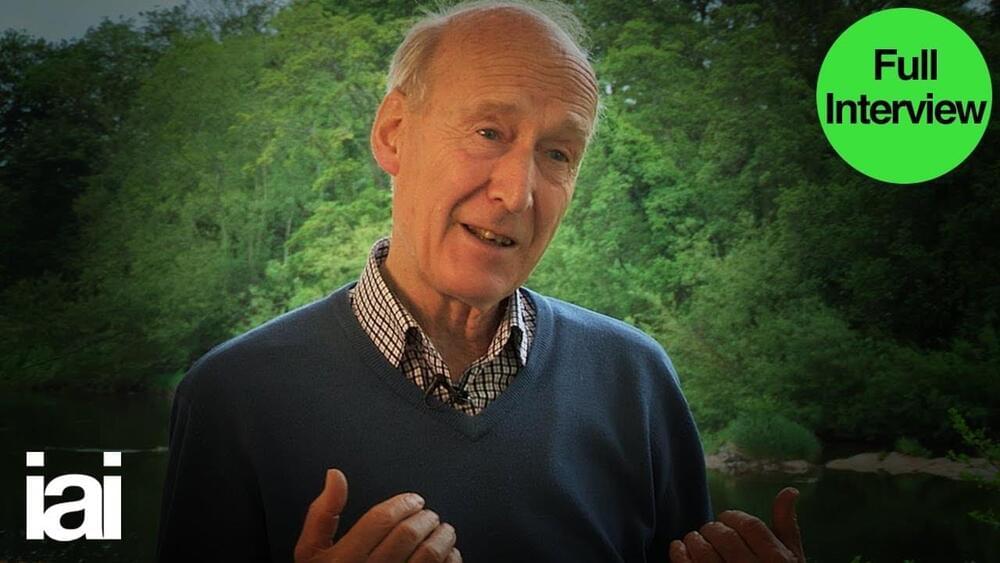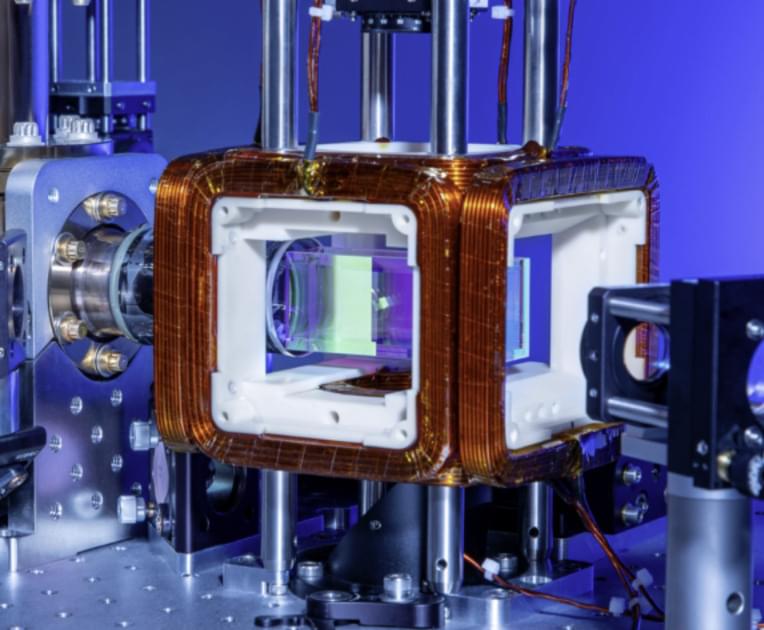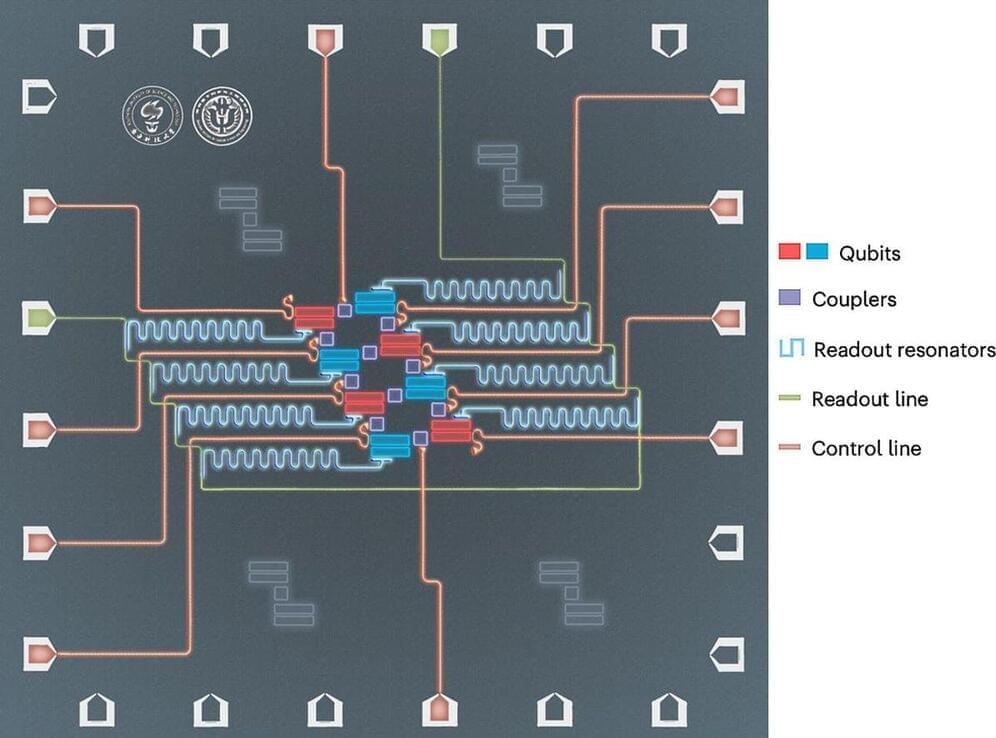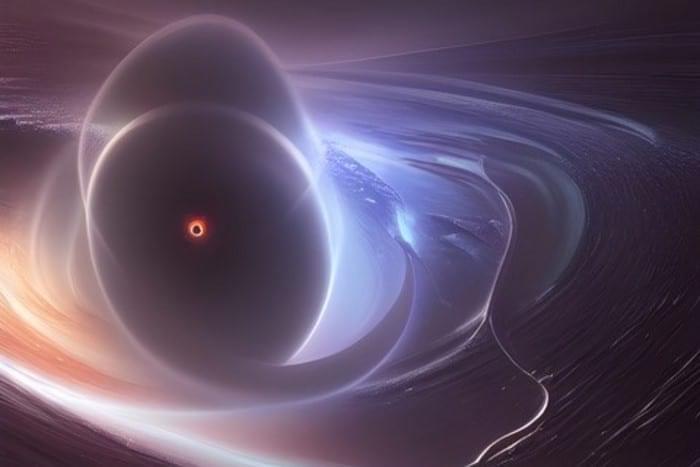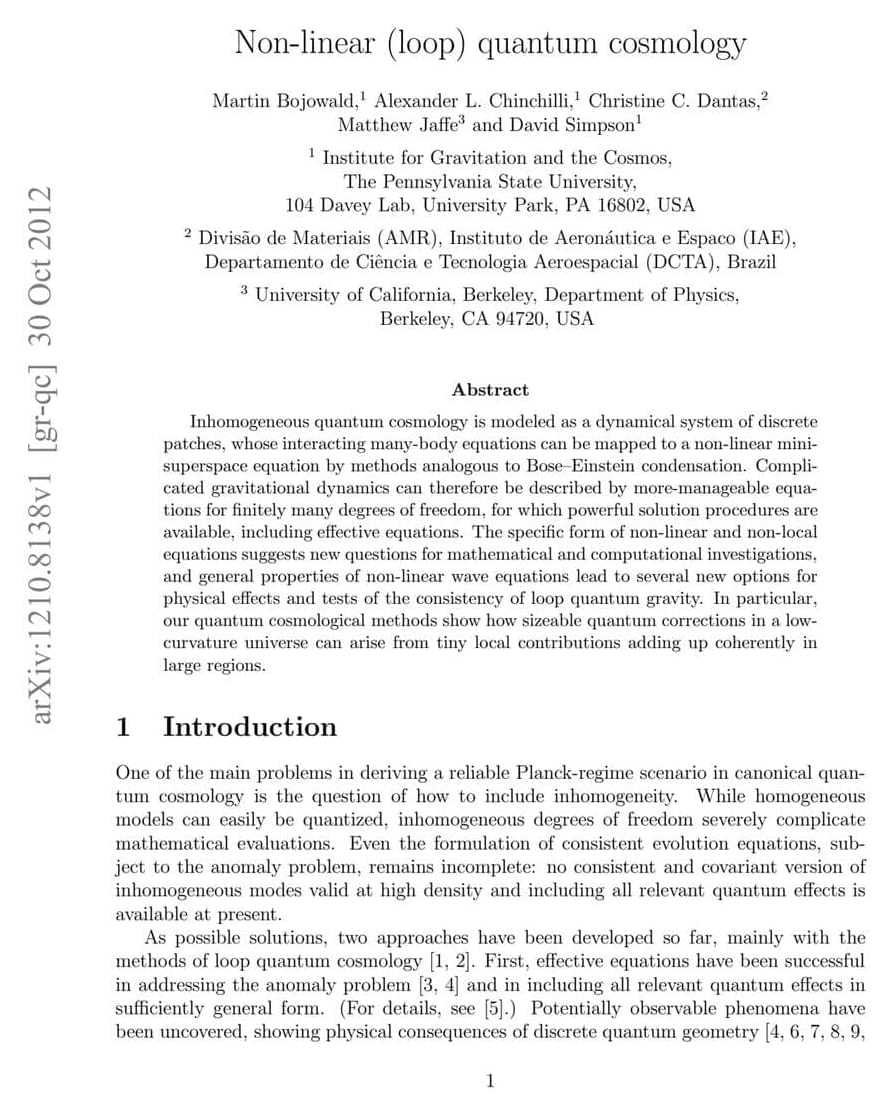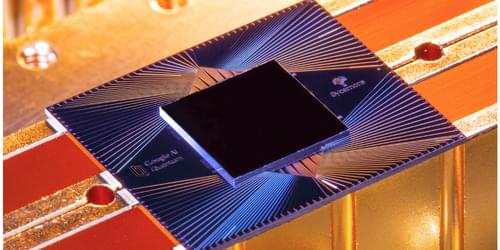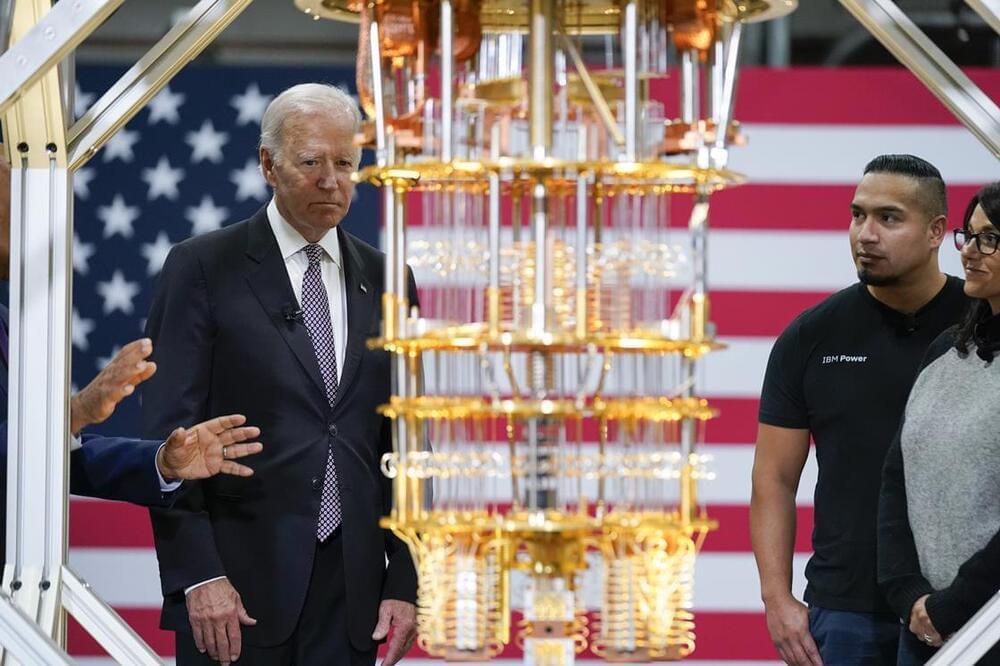
Error-prone qubits mean quantum systems do not yet surpass classical methods.
In a talk at the Massachusetts Institute of Technology in 1981, Richard Feynman spoke about ‘simulating physics with computers’. This was already being done at the time, but Feynman said he wanted to talk ‘about the possibility that there is to be an exact simulation, that the computer will do exactly the same as nature.’ But as nature is quantum-mechanical, he pointed out, what you need for that is a quantum computer.
The rest is history – but history still in the making. When I recently asked David Deutsch, the visionary physicist who in 1985 laid out what quantum computing might look like, whether he was surprised at how quickly the idea became a practical technology, he replied with characteristic terseness: ‘It hasn’t.’ You can see his point. Sure, in October President Joe Biden visited IBM’s new quantum data centre in Poughkeepsie, New York, to see an entire room filled with the company’s quantum computers. And on 9 November IBM announced its 433-quantum-bit (qubit) Osprey processor, although it seems only yesterday that we were getting excited at Google’s 53-qubit Sycamore chip – with which the Google team claimed in 2016 to demonstrate ‘quantum supremacy’, meaning that it could perform a calculation in a few days that would take the best classical computer many millennia.1 This claim has since been disputed.


